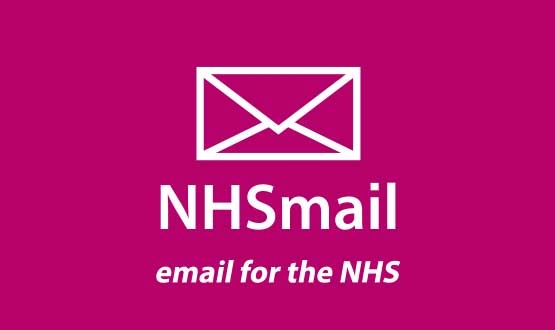1.1 million on NHSmail 2, push for social care expansion
- 19 September 2016

More than a million people have now switched to NHSmail 2, with ambitions to extend the service to pharmacies and social care.
The initial transfer of 850,000 accounts across England and Scotland, from the “burning platform” of its ageing predecessor, was completed in August and some NHS organisations operating other mail services are now being transferred.
“We have a very healthy pipeline of organisation coming over in the next six months,” Cleveland Henry, who has led the national roll-out at NHS Digital, said.
However, some trusts that have spoken to Digital Health News are taking a cautious approach, with at least one concerned NHSmail 2 still lacks the functionality of their existing service.
The roll-out has also not been without complaints, with some users complaining on social media about NHSmail outages and describing the new service as “dire”.
Henry said for the sheer scale of the mailbox migration, one of the biggest ever, there had been relatively few reported problems.
Many of the problems that did arise, including the reported outages, were likely related to the old NHSmail service, which had had some “issues” during the migration, he said.
Of the 1.114m accounts that were now on the new mail service, just 637 had not migrated successfully.
“It’s not many but if you are one of those 637 then it’s the worst thing in the world,” he said.
“But from a helicopter view it has been extremely successful as migration.
Some of the complaints have also been about the feel and look of the new service, which jumped several iterations of Web Outlook to the latest version.
“Sometimes that takes some time for people to get used to.”
Many of the features planned beyond email, such as presence management, SharePoint, Skype for business, and instant messaging were not yet available on NHSmail 2, although several trusts were playing with these functions.
Henry said in the future new APIs would also allow NHSmail 2 to be accessed from within clinical systems and give other third party “innovators” the ability to plug into the platform.
“We want to ensure we don’t create a black box, we want a product that can evolve.”
NHS Digital had already been in talks with pharmacy services interest in moving to NHSmail 2 and Henry hoped social care organisations would also be interested in switching over.
NHSmail 2 has been in development for several years, since it became clear its ageing predecessor could not cope with the growing demand.
Vodafone had been the incumbent provider of the NHSmail service after taking over Cable and Wireless, which has been the supplier for NHSmail since its launch in 2002, initially using the Mirapoint platform but moving onto Microsoft Exchange 2007 in 2009.
In June last year the Department of Health announced that consultancy firm Accenture was the winner of the £60 million contract to provide the new NHSmail service, which covers NHS organisations in Scotland and England, beating competition from BT.
However, the rollout of NHSmail 2, initially scheduled for September last year, was delayed after “issues preventing network provision between data centres”.
Not all NHS organisations use the NHSmail service, many have their own in-house mail service, or use a hybrid of the two.
However, with NHSmail 2 now deployed, and the government keen to get as many users onto the service as possible, Trusts sticking with their own email will have to demonstrate their chosen service meets the necessary security standards.




